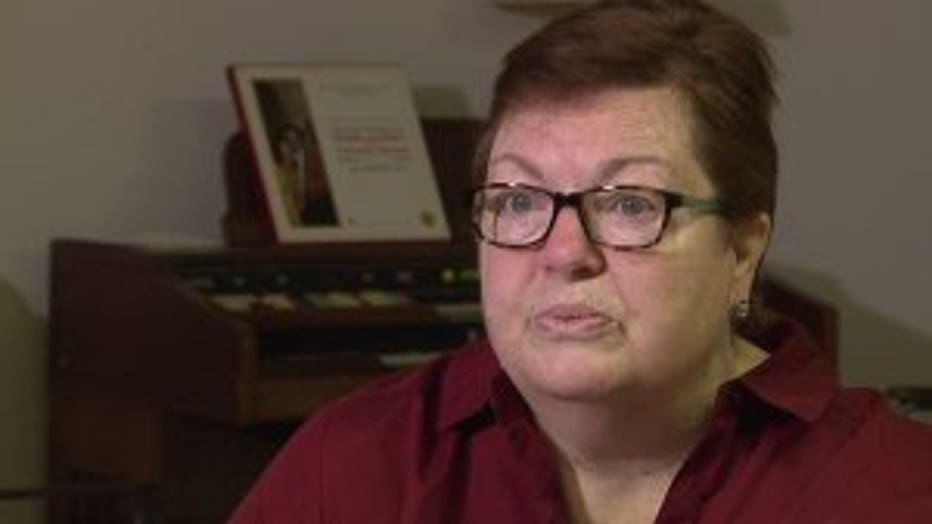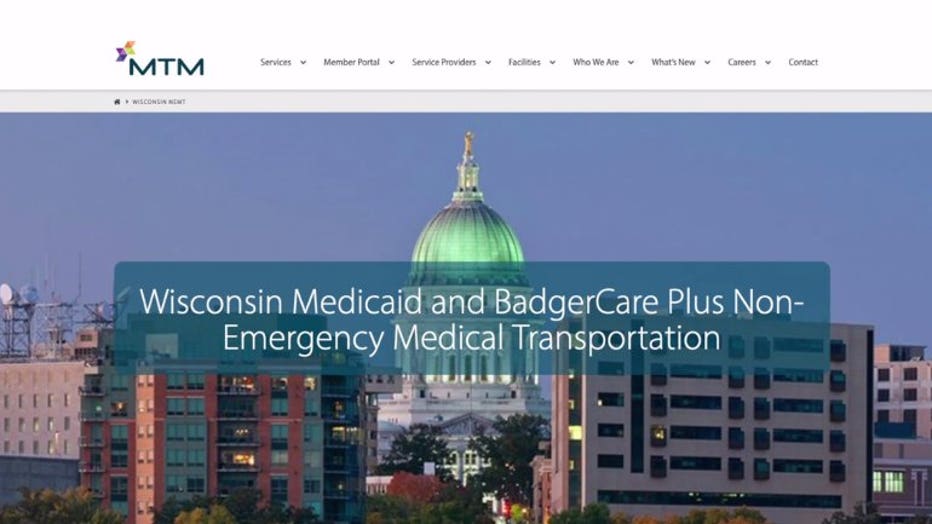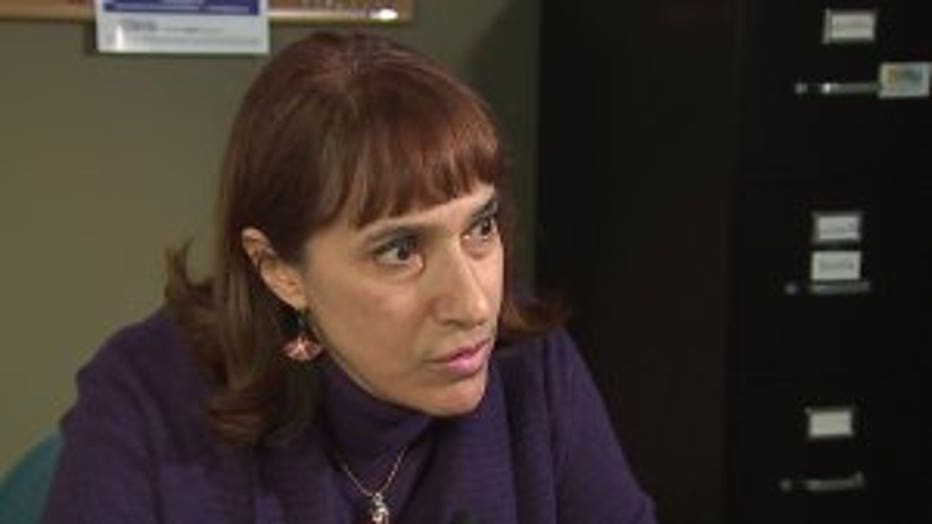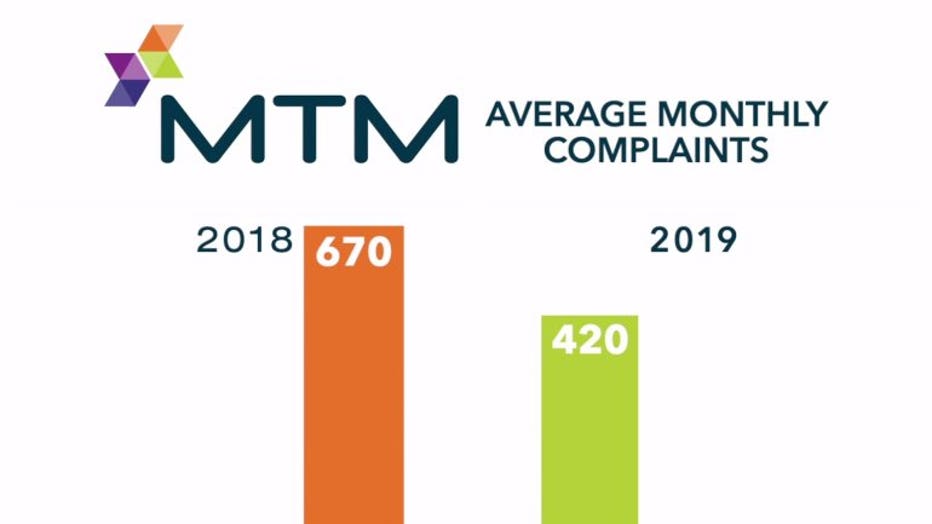'I was so angry that I want to make some changes:' The change coming to medical transit
MILWAUKEE -- Thousands of people on Medicaid and BadgerCare Plus rely on medical transit vans to get to their appointments. The state has been working to reduce complaints about this program for years. Now, a major change could be coming.
Waiting in a lobby, watching time pass, Laurie Wagner was having a bipolar episode.
"I was afraid. I was angry. I actually felt rage," said Wagner.

Laurie Wagner
Her medical transit van was late. More than four hours after her appointment ended, a relative brought her home.
"I was so angry that I want to make some changes," said Wagner.
She filed a complaint with MTM, who the state contracts with for non-emergency medical transportation.
MTM hired Midway Transit to pick up Wagner. She got an apology and was told "education was provided."
She says it's not enough.

"They are dealing with a vulnerable bunch of people," said Wagner. "People who are already low-income, and a lot of them have disabilities."
Last year, MTM averaged 300,000 monthly trips in Wisconsin and nearly 28,000 annual riders.
"I just want to emphasize how important this service is with disabilities," said Barbara Beckert, director at the Milwaukee office of Disability Rights Wisconsin.

Barbara Beckert, director at Milwaukee office of Disability Rights Wisconsin
The Milwaukee office of Disability Rights Wisconsin gets about 25 complaints a month about MTM.
"I think the biggest challenge that we hear about is that people miss a medical appointment or treatment," said Beckert.
MTM's been under contract with the state since 2013, but in 2015, an audit revealed more than 4,000 no-show rides, and more than 55,000 late rides.
The state set new standards for service, and two years ago, tried to switch providers.
MTM won its appeal to stay under contract. There have been signs of improvement since: average month complaints have been going down, according to the state.
In 2018, MTM averaged 670 monthly complaints from January to November. Last year, it was 420. Disability Rights believes the number of complaints is being under reported.

The Department of Health Services (DHS) said last year, MTM met its standard that 99.7% of rides be complaint-free, but added: "There are always opportunities for continued improvement."
Disability Rights and Wagner agree.
"I don't want anybody else sitting like that. That's horrible," said Wagner.
Last week, DHS announced it intends to switch management companies, and award its next non-emergency medical transportation contract to Veyo. Veyo manages non-emergency medical transportation in places like Phoenix, Tucson and Connecticut.
MTM plans to protest the awarding of the contract.
No matter who has the contract, they're likely to use many of the same subcontractors. The company that was supposed to pick Laurie up, Midway Transit, tells us that issues can occur when they have "incorrect or dated member information," or there is a "misunderstanding of the process."
To prove how important this program is -- last year, DHS paid MTM more than $87 million, so they want it to succeed, and in many cases, it has.
MTM commented on the situation, saying:
"Due to HIPAA requirements, we are unable to comment on specific member situations, but we are committed to avoiding complaints and missed trips and work diligently to resolve service issues and provide high quality levels. Our complaint rate is .01% for the most recently reported quarter of Oct-Dec 2019.
"After serving the state for six years, we are disappointed to learn that DHS has published an intent to award the new non-emergency medical transportation contract to Veyo"
Disability Rights has a few suggestions for continuing to improve service: It thinks drivers should be paid more, and suggests a third party advocate to help riders, potentially even calling Uber or Lyft in worst-case scenarios.

